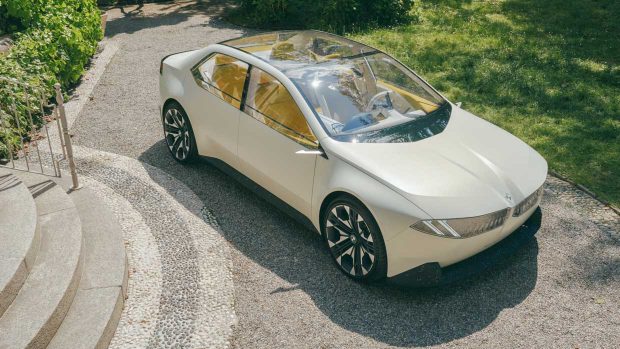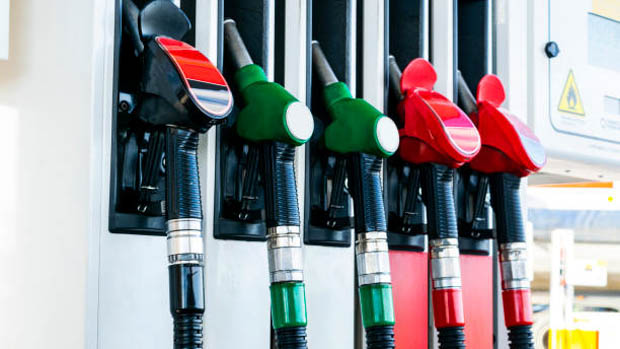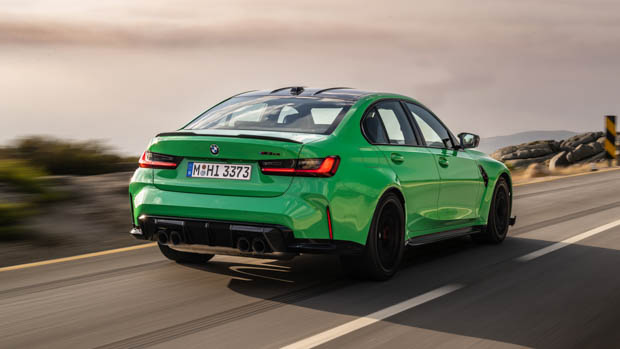-
Car Reviews
- Car News
-
Car Comparisons
Latest comparisons
- Chasing Deals
E-fuels or sustainable fuels are a strong topic for debate, but BMW believes that it could work in a renewable future
BMW’s head of sustainability is open to supporting the development of sustainable e-fuels to reduce the impact of vehicles already on the road.
It’s a task designed to supplement work being done on new cars, but what about the millions of vehicles already on the road using fossil fuel-derived petrol and diesel?
Speaking with Chasing Cars at the launch of Neue Klasse in Munich, BMW’s head of sustainability, Thomas Becker, said that BMW has been clear in its opinions on keeping existing combustion vehicles alive.
“We have made it clear that we will adapt, engine wise, to whichever requirements, even if you would go for 100 percent e-fuels … but it is a policy decision.
“Electric driving is the most important element of bringing down emissions in new cars, but the fact is that the average age of cars is rising, not shrinking … You have to think about the existing fleet”.
BMW’s Neue Klasse generation will bring plenty of change for the brand, however it’s not just about electric cars.
BMW’s head of design, Domagoj Dukec, told Chasing Cars that Neue Klasse is “it’s not just electric, it’s a story we are telling”.
The BMW Group is aiming to have half of its vehicles all-electric by 2030.
EV mobility still has a way to go, with charging infrastructure around the world still in need of catching up to the rapid influx of electric vehicles.
BMW’s chief executive officer Oliver Zipse told Spiegel Mobility that he was unsure whether Europe would have enough charging infrastructure in Europe by 2035.
“And where do people charge all the electric cars?” Zipse said. “There will be no comprehensive infrastructure for electric cars in Europe in 2035. Do you think that in twelve years there will be charging stations in every village in regions like southern Italy?”
But what could happen for the low uptake EV markets?
BMW’s head of sustainability, Thomas Becker, said that for these markets, e-fuels could be the one and only answer.
“Clearly, in markets where you don’t have an electric infrastructure, it’s [e-fuels] the only thing that can happen”.
In slow-adopting markets such as Australia, South Africa and other parts of Asia Pacific, e-fuels could be the answer.
But e-fuels are expensive. Porsche’s e-fuels are set to cost roughly $16.00 per litre, which is about $14 more expensive than the current unleaded price in Australia.
Latest news
About Chasing cars
Chasing Cars reviews are 100% independent.
Because we are powered by Budget Direct Insurance, we don’t receive advertising or sales revenue from car manufacturers.
We’re truly independent – giving you Australia’s best car reviews.



